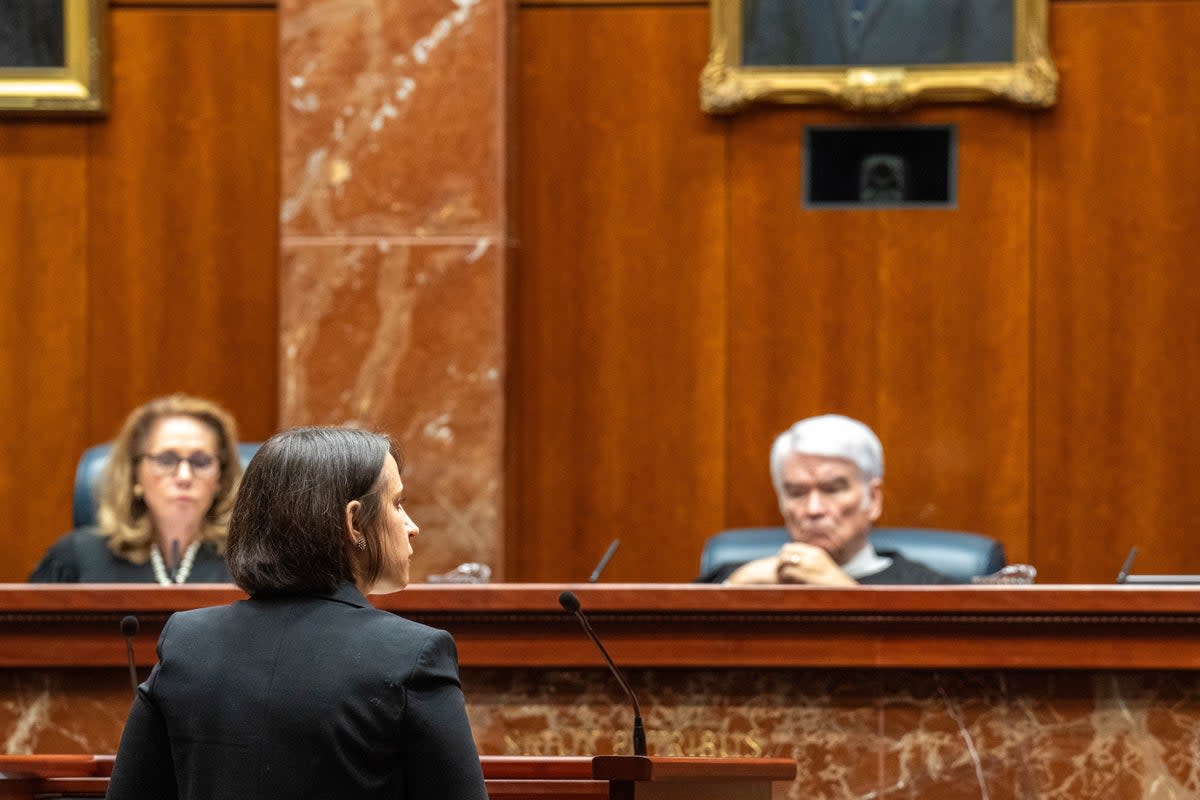Texas Supreme Court strikes down bid to put vote for state’s independence on the ballot

The Texas Supreme Court has declined to hear a case brought by a separatist group seeking the state’s independence from the United States.
The decision came after the state’s Republican Party turned down a petition to include a vote for the state’s independence on an upcoming election ballot.
The state supreme court did not provide a reason as to why it declined to hear the case.
“Well, we did everything we could but the Supreme Court of Texas screwed us,” Paul M Davis, an attorney representing the Texas Nationalist Movement — the group that filed the complaint — said in a statement posted to X. “The establishment won today, but we are not going away.”
In emergency court documents filed this week against Matthew Rinaldi, chair of the state’s Republican Party, attorneys for the organisation argued that the state needed to approve the request in a timely manner for it to appear on the ballot.
The election petition was signed by 139,000 residents, while the organisation said it only needed around 97,000 to be considered.
Mr Rinaldi previously rejected the proposal on two grounds: That the petition was not filed on time and the signatures were invalid because they were electronic. He also added that some of them were missing key information, including addresses and country of registration.
In a written statement to Newsweek, Mr Rinaldi said, “We are thankful the Texas Supreme Court swiftly rejected the Texas Nationalist Movement’s petition to allow electronic signatures gathered on the internet to be used for petitions, voter registrations and mail-in ballots.
“As we said, and as it took the Supreme Court less than a day to determine, the Republican Party of Texas complied with clear Texas law in rejecting TNM’s internet petition.”
In 2023, Bryan Slaton, a Republican state legislator introduced a bill calling for a vote on succession dubbed the “Texas Independence Referendum Act” but it died the same year.


